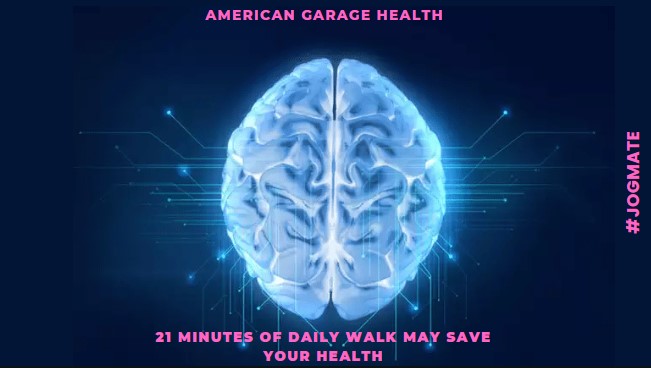Serious health issues can arise as a result of stroke.

When the blood flow to a portion of the brain is cut off, a stroke happens. The interruption may prevent oxygen and vital nutrients from reaching the brain cells, which will cause them to die.
According to the World Health Organisation (WHO), stroke is one of the main causes of death worldwide. Strokes may cause over 10 million annual deaths by 2050, despite the fact that they are a condition that is highly curable and avoidable.
When the blood flow to a portion of the brain is cut off, a stroke happens. This has a number of negative effects that are crippling.
The interruption may prevent oxygen and vital nutrients from reaching the brain cells, which will cause them to die.
Serious health issues can arise as a result of stroke. Experts concur that lifestyle variables should be taken into account to reduce the incidence of strokes.
Risks
We have seen in recent years that a number of lifestyle factors, including inactivity, alcohol, food, obesity, smoking, drug use, and stress, have been linked to an increased risk of stroke.
Stroke risk is further increased by other risk factors such hypertension, diabetes, hyperlipidemia, and heart conditions. When compared to non-smokers or people who have been smoke-free for more than ten years, the risk of stroke is raised or even doubled for smokers.
According to numerous studies, total mortality rises by 29%, vascular mortality rises by 41%, and diabetes-related mortality rises by two times with every 5-unit increase in BMI (body mass index) over 25 kg/m2. There has been research in the last ten years connecting air pollution to heart disease and stroke.
Lifestyle & Diet
Most people who work in offices today spend a lot of time sitting at desks. It has become the norm to be physically inactive. Without regular exercise, sitting for extended periods of time can cause diabetes, high blood pressure, and obesity, all of which raise the risk of stroke.
Our health has suffered as a result of our diet changing to include more fast food, processed foods, and high-sugar beverages. Salt content in processed meals is high. These foods include saturated and trans fats, which raise cholesterol and cause hypertension, two key risk factors for stroke. Drinking too much drink and smoking both raise the risk of stroke. While excessive alcohol use can cause high blood pressure and irregular heartbeats, smoking narrows blood vessels and destroys them.
Today’s connected society and hustling culture have resulted in widespread sleep deprivation. Obesity, diabetes, and heart disease are all linked to sleep deprivation and are risk factors for stroke. Exposure to air pollution has grown due to urbanisation and industry. The body may get inflamed as a result of fine particulate matter from industries, automobile emissions, and other sources, which raises the risk of stroke.
Conclusion
We must go in for routine health examinations and not disregard any warning flags. It is possible to manage and treat illnesses like diabetes and high blood pressure with early detection, which lowers the risk of stroke.
